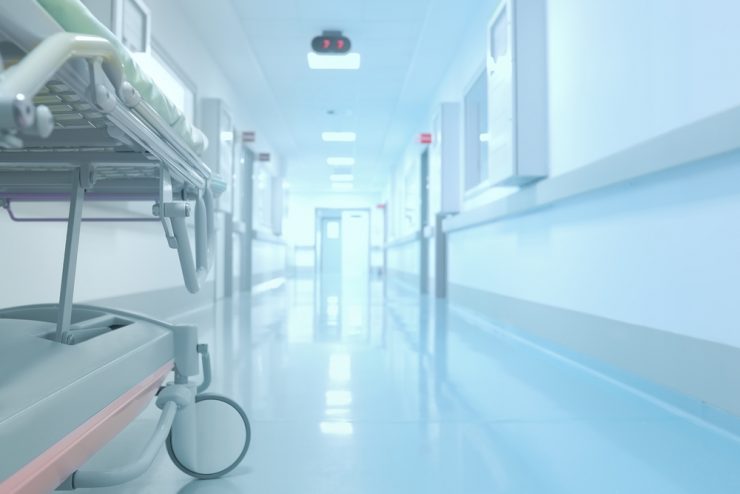The herpes simplex virus, also referred to as cold sore virus, causes infection around the mouth in the form of small blisters or lacerations. These lesions are also called cold sores and are caused by herpes simplex type 1 or HSV-1 strain of the virus.
The virus is highly communicable through direct contact with the person carrying the infection. Once exposed to the virus, the symptoms might not appear as the virus stays dormant, till it gets activated by certain triggers. The triggering factors differ from one individual to another, some people might have repeated attacks maybe 2-3 times a year, in some the infection might come up once and never again and in others, the virus may stay inactive forever and the cold sores might never appear.
Cold sores normally disappear within a week to ten days without treatment. There are OTC creams which relieve the cold sores symptoms. Certain treatments can be taken without prescription from the pharmacy; these may help to get rid of the infection sooner. These are effective if taken or applied when one feels the early signs or symptoms of cold sore infection, like itching, stinging, burning, numbness or pain sensation.
Cold sores are normally mild, however, in rare cases, they can become flared up and cause complications. It is impossible to prevent occurrence of cold sores, but there are certain measures which can prevent their recurrence.
Symptoms
In most cases of herpes simplex virus infections, the virus stays dormant and does not show any signs of primary infection. One might not know that they have contracted the virus till the cold cores appear later. However, if symptoms of primary infection do show up in certain cases, they are often very severe.
Symptoms of primary infection – these symptoms show up in few cases, especially in children below 5 years. These include:
Small sores in and around the mouth which cause pain, irritated and inflamed gums. This condition is called herpes simplex gingivostomatitis. This can take as long as 3 weeks to resolve and for the sores to heal and normally does not recur after one primary infection. It occurs in children more often than adults.
Fever, headaches and nausea
Swollen glands and sore throat
Excessive saliva formation
Dehydration.
In adults, primary infection appears in the form of pharyngotonsillitis (swelling of tonsil glands and sore throat), accompanied with symptoms like fever, sore throat, with or without glandular swelling, smelly breath or halitosis and aching sores in and around the mouth, which can progress into becoming yellow or grey ulcers.
Early-age infections of herpes simplex virus can recur periodically due to different triggering factors. The symptom of recurring infection is reduced to cold sores only, once a person has already contracted primary infection symptoms.
Symptoms of recurrent infection – as already mentioned, symptoms of recurrent infections are much reduced in terms of time and severity. The only symptom showing up is that of cold sores, with swelling of glands in certain cases. An eruption of cold sores begins with itching, tingling and a burning feeling around the mouth which is followed by appearance of fluid-filled blisters or sores, mostly on the edge of the lower lip. In recurrent infections, sores might appear at the same place each time, may increase in size and can cause stinging pain and irritation, might leak fluid and develop a crusty layer within few hours of the initial signs. In majority cases, sores heal within 10days, without leaving scars.
Causes
The main cause of cold sores is HSV-1 or herpes simplex virus type 1. Generally, it is passed on during childhood years through close contact with a person carrying the virus infection. The virus penetrates the skin and reaches the nerves to stay there in a dormant form till triggered at a later stage. The triggering factors are specific to each individual, these factors include psychological and emotional pressures, a damage or injury in the affected region, exposure to strong sun, menstrual periods and exhaustion and fatigue.
Sometimes HSV-2 or herpes simplex virus type 2 might cause cold sores. This occurs if one has oral sex with a partner affected with genital herpes.











